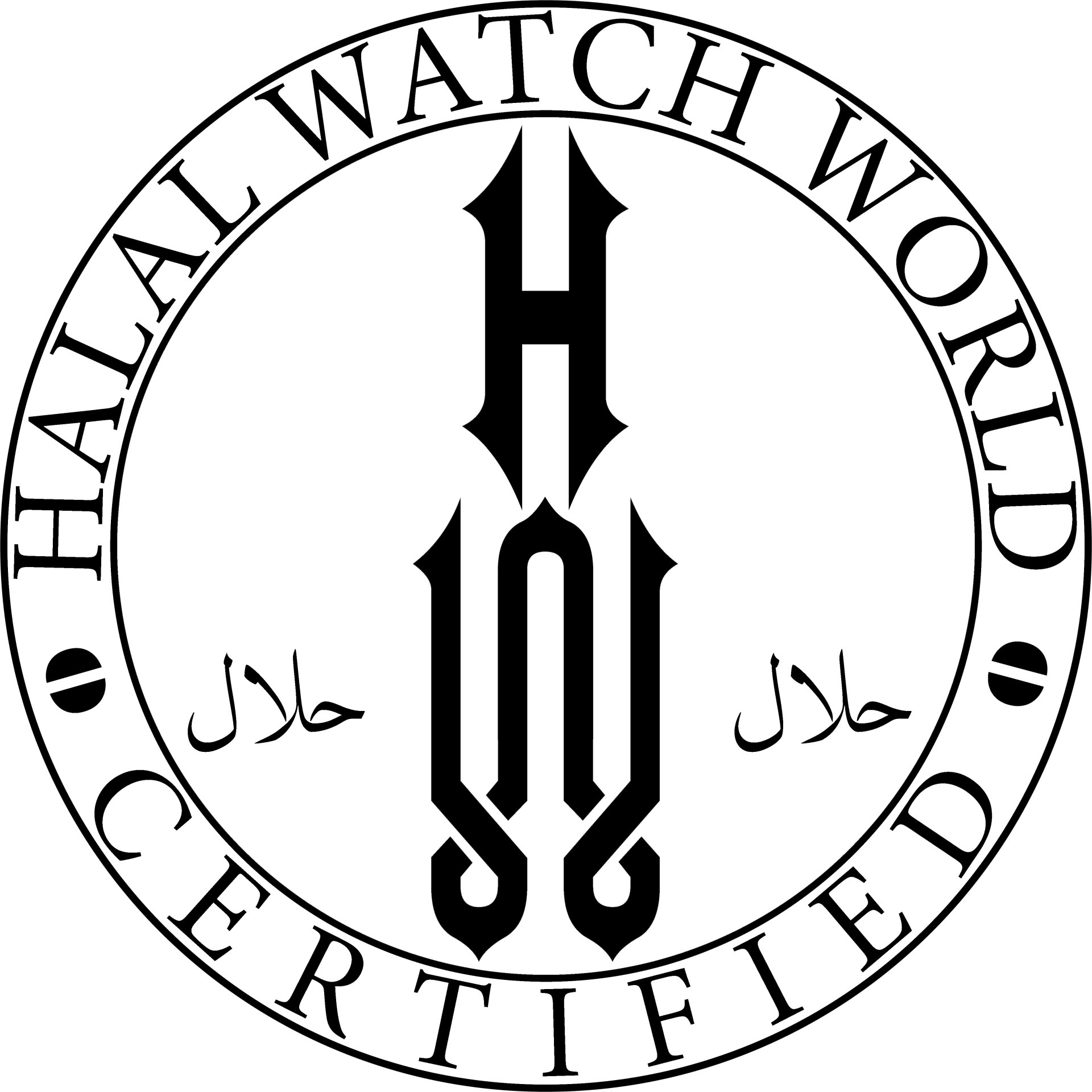Simplifying Halal Certification with a Trusted US Halal Certification Agency
Trusted US Halal Certification Agency for Comprehensive Compliance

In today’s global market, halal certification has become increasingly important for businesses seeking to cater to Muslim consumers. Ensuring that products meet Islamic dietary laws not only builds trust but also opens doors to a vast and growing market. At Halal Watch World, we pride ourselves on being a leading US halal certification agency, dedicated to making the certification process straightforward and comprehensive. This blog will guide you through the essential aspects of halal certification and how Halal Watch World can assist your business in achieving it.
Understanding Halal Certification: Why It Matters
Halal certification guarantees that products comply with Islamic dietary laws, which is crucial for businesses targeting Muslim consumers. This certification is not just about food; it extends to cosmetics, pharmaceuticals, and other consumables. By obtaining halal certification, businesses demonstrate their commitment to quality and cultural sensitivity, thereby enhancing their market appeal.
Halal Watch World: Your Trusted Certification Partner
Located in Glenmont, NY, Halal Watch World LLC offers extensive experience in servicing clients from diverse industries. Our expertise ensures that businesses understand and meet the stringent requirements of halal certification, thus maintaining the highest quality standards in their facilities.
Primary Documentation Requirements
1. Electing a Halal Enforcement Director
The first step in the certification process is appointing a Halal Enforcement Director (HED). This individual or team will be responsible for overseeing the halal system within your organization. Providing their full name, phone number, and email address ensures clear communication and accountability.
2. Defining Your Halal Product Facility
Next, you need to define your halal product facility. Whether it’s a manufacturer, restaurant, slaughterhouse, kitchen, distributor, or grocery, specifying the type of facility is crucial. Accurate documentation helps streamline the certification process and ensures compliance with halal standards.
3. Identifying Your Halal Consumers
Documenting your halal consumers, whether they are businesses, government agencies, or individual consumers, is essential. This information helps tailor your halal processes to meet specific market needs and regulatory requirements.
Facility Documentation Essentials
1. Legal Business Documents
Your business must provide legal documentation verifying its right to operate. This includes submitting documents that show your company’s name, address, and the government entity recognizing your establishment. Legal compliance is a cornerstone of the halal certification process.
2. Traceability Plan
A detailed traceability plan is crucial. It should explain how your facility maintains the continuity of halal products, including the use of demarcation markers, signage, and computer systems. Additionally, it must outline preventive measures against mislabeling and document the logging of incoming and outgoing halal products.
3. Flowchart of Processing
Creating a flowchart that graphically represents your halal production process is necessary. This visual aid helps auditors quickly understand how products move through your facility, ensuring transparency and compliance.
4. Sanitation Standard Operating Procedure (SSOP)
Sanitation procedures are vital for maintaining halal standards. Your SSOP should cover personnel, equipment, and product sanitation measures. This documentation ensures that all aspects of your facility are free from contamination.
5. Recall Plan
An effective recall plan is essential for protecting consumers from contaminated products. This plan should detail the steps to take if products are potentially or actually contaminated with non-halal substances. A robust recall plan safeguards both your consumers and your facility.
6. Pest Control
Maintaining a comprehensive pest control plan is another critical requirement. Regular inspections and preventive measures ensure a pest-free environment, protecting the integrity of your halal products.
Product Documentation: Ensuring Compliance and Quality
1. Finished Product Information
Providing detailed information about your finished halal products, including names, descriptions, and unique identifiers, is necessary for certification. This documentation helps auditors verify compliance with halal standards.
2. Raw Material Information
Documenting all raw materials used in your products, including supplier information and material specifications, is essential. This transparency ensures that all ingredients meet halal requirements.
3. Proof of Purchase (External Traceability)
Submitting proof of purchase documents for all raw materials and finished products ensures external traceability. This step is crucial for maintaining transparency and accountability in your supply chain.
4. Halal Certificates/Disclosure Statements
Including halal certificates and disclosure statements for all materials and products verifies their compliance with halal standards. These documents are vital for demonstrating your commitment to halal integrity.
5. Water Report
A water report detailing the quality and source of water used in your production process is necessary. Water purity is a key component of maintaining halal standards.
6. Testing Procedures & Results
Providing documentation of testing procedures and results, including microbiological tests and quality control checks, ensures your products meet all halal requirements. This transparency builds trust with both consumers and auditors.
Why Choose Halal Watch World?
At Halal Watch World, we make the halal certification process easy to understand and implement. Our team of experts works closely with your business to ensure all documentation meets the highest standards. We offer support every step of the way, from initial consultation to final certification.
Contact Halal Watch World
Ready to achieve halal certification? Contact Halal Watch World LLC today.
Hours of Operation:
- Monday – Thursday: 9 am – 5 pm
- Friday: 9 am - 12 pm
Address: Halal Watch World LLC P.O. Box 242, Glenmont, NY, 12077
Phone: 1(877) HALAL-WW / 1(877) 425-2599
Email: support@halalwatchworld.org
Visit our website here for more information and to start your certification journey.
By choosing Halal Watch World, you ensure that your business meets all halal standards, gaining the trust and confidence of your consumers. Let us help you navigate the path to halal certification with ease and expertise.



